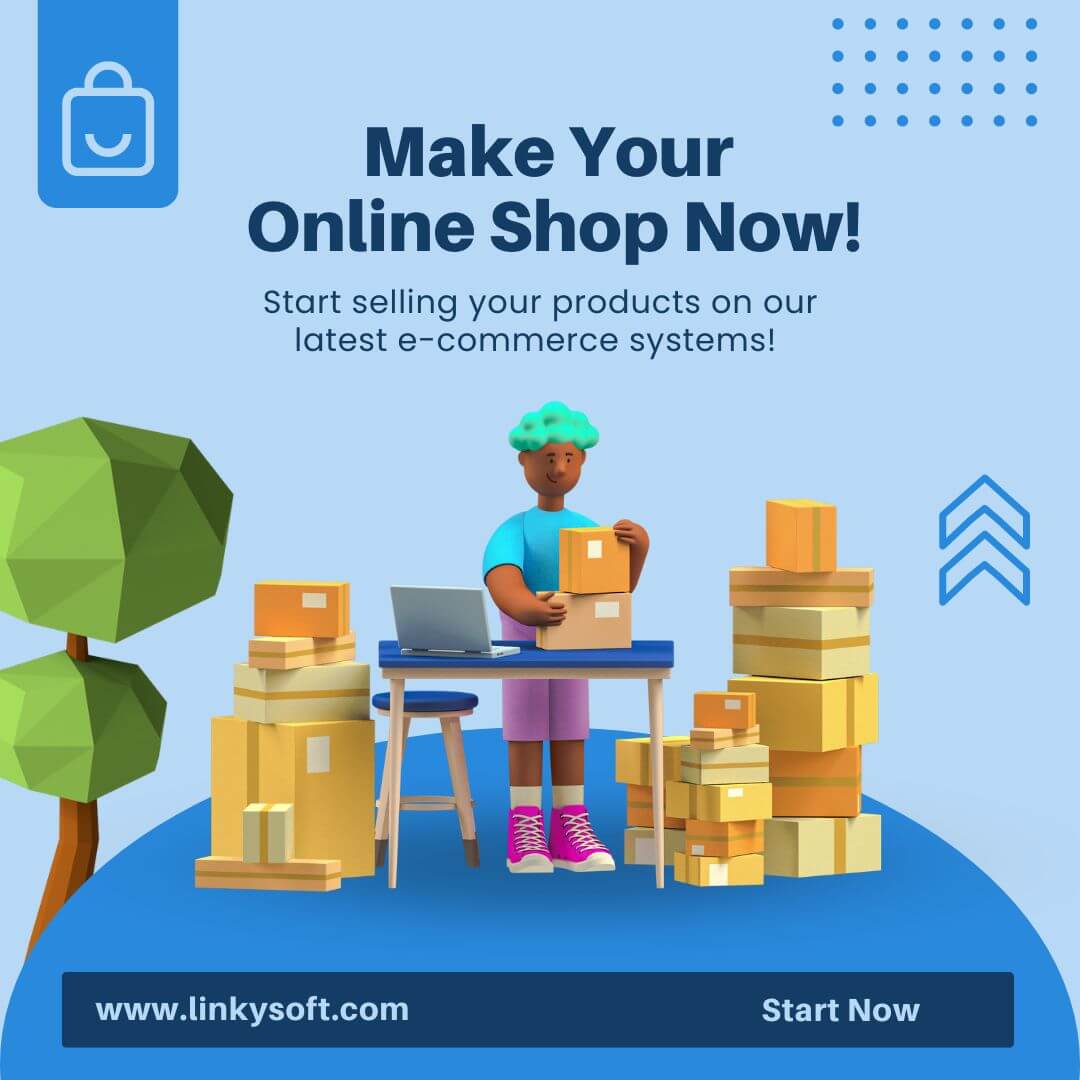The rise of e-commerce has revolutionized many sectors, including education. With an increasing need for remote learning solutions and advanced educational tools, online stores that specialize in educational technology (EdTech) and study tools have flourished. These stores provide students, teachers, and institutions with the resources they need to excel in a digital learning environment. This article explores some of the top names of online stores in the field of educational technology and study tools, examining their offerings, business models, and impact on modern education.

The Importance of Educational Technology in E-commerce
How EdTech Transformed Traditional Learning
Educational technology, commonly known as EdTech, has reshaped how education is delivered. Traditional classroom settings are evolving, with technology enhancing learning experiences through interactive platforms, digital textbooks, and collaborative tools. E-commerce plays a vital role by providing easy access to EdTech solutions, making them more affordable and scalable. Major online stores now offer tools that support personalized learning, teacher-student interaction, and advanced data analytics to track progress.
Blending Digital Tools with Physical Education
One of the key impacts of EdTech in e-commerce is how it integrates digital learning tools into physical education environments. For example, interactive projectors and smartboards available on platforms like Amazon Electronics allow teachers to project interactive lessons, enabling students to participate directly in the material. This combination of traditional teaching with modern technology enriches the learning experience.
E-commerce as a Bridge to Global Learning
One of the most significant benefits of EdTech in e-commerce is its ability to bridge geographical divides. Whether students are in rural areas or urban centers, e-commerce platforms provide access to top-tier educational tools. These tools range from interactive whiteboards to virtual reality learning environments. For example, major platforms like Amazon and Apple’s Education Store offer a variety of educational products, making them readily available to a global audience.
The Role of Digital Textbooks in Expanding Learning Access
Online platforms such as Kobo and Amazon Kindle offer a vast range of digital textbooks that provide students with easy access to learning materials. Digital textbooks are often more affordable than their printed counterparts and offer unique advantages, such as instant updates and integrated media that enhances the learning experience. This shift to digital textbooks, sold through e-commerce, ensures that even students in underserved regions have access to high-quality education materials.
Top Names in the Field of Educational Technology and Study Tools
When it comes to online stores that dominate the field of educational technology and study tools, certain platforms have emerged as leaders. These platforms offer not only products but also a wide array of services designed to support students, educators, and educational institutions. Below are some of the most recognized names in this sector, along with an in-depth analysis of their offerings and business models.
1. Khan Academy: Pioneering Online Learning
Overview
Khan Academy is a nonprofit organization offering free educational resources in various subjects like math, science, and history. Their platform is designed to support K-12 and college-level education, with interactive exercises and instructional videos.
Business Model
As a nonprofit, Khan Academy relies on donations and grants, making its content accessible to everyone. Their website, khanacademy.org, functions as both a learning platform and an e-commerce store for supplementary materials such as textbooks and course packs.
Innovative Learning Techniques
One of the major strengths of Khan Academy is its ability to integrate technology into learning through gamification and personalized learning paths. The platform offers tailored lesson plans based on student progress, encouraging self-paced learning.
2. Coursera: A Marketplace for Professional Learning
Overview
Coursera is a global online learning platform offering a wide range of courses from universities and companies. With a focus on higher education and professional development, Coursera delivers high-quality online learning experiences that are accessible globally.
Business Model
Coursera’s business model is based on partnerships with academic institutions and businesses. While many courses are free, they offer paid options for certifications and degrees. Their official website functions as an e-commerce platform for these credentials and learning tools.
Certificates and Degrees as a Key Offering
Coursera’s e-commerce model stands out due to its emphasis on certifications and accredited degrees. By offering paid certificates for courses, learners can gain recognized qualifications from top institutions, increasing their employability. This makes Coursera a key player in the professional learning segment of EdTech.
3. Udemy: Affordable Learning Solutions for All
Overview
Udemy is another leading name in the field of online education, focusing on affordable courses that cover a wide range of topics. Unlike Coursera, Udemy emphasizes individual learning, catering to both students and professionals looking to upskill or reskill.
Business Model
Udemy operates on a marketplace model where instructors can create and sell their courses. This allows for a diverse range of topics and skill levels. Their e-commerce platform, udemy.com, provides a seamless purchasing experience, offering discounts, promotions, and course bundles to attract users.
Diversity of Topics and Accessibility
With over 150,000 courses, Udemy offers a comprehensive learning platform that caters to a wide variety of learners. The platform's success stems from its accessibility, offering courses in multiple languages and pricing tiers, making high-quality education available to a global audience.
The Role of Marketplaces in Educational Technology
Overview of Multi-Vendor Platforms
Marketplaces play a pivotal role in the distribution of educational technology. Platforms like Amazon, eBay, and specialized educational marketplaces bring together multiple vendors who offer a wide range of products, from digital learning tools to physical study aids.
How Multi-Vendor Platforms Benefit Educational Institutions
For educational institutions, multi-vendor platforms offer a centralized location to purchase a diverse range of study tools. Institutions can compare prices, read reviews, and access bulk discounts, making it easier to procure the necessary materials for both students and teachers.
Examples of Successful Marketplaces
Some examples of successful educational technology marketplaces include Teachers Pay Teachers, which focuses on peer-created educational content, and Amazon’s Education Store, which offers a broad array of both digital and physical products for students and teachers alike.
Challenges Faced by Educational Technology Marketplaces
Despite the success of many marketplaces, there are challenges to be addressed. Vendor management, product quality control, and ensuring the security of digital content are just some of the hurdles that marketplace platforms face when serving the educational technology sector. Moreover, the high competition in this space means that platforms need to continuously innovate to retain both vendors and customers.
Types of Study Tools Available on EdTech Platforms
Educational technology platforms provide a wide array of study tools that cater to different learning needs and environments. From physical tools used in classrooms to digital apps designed for remote learning, the variety of products offered on e-commerce platforms is vast.
Interactive Learning Tools
Online stores in the EdTech space offer a variety of interactive tools designed to engage students in active learning. From smartboards to gamified learning applications, these tools allow students to interact with content in new and dynamic ways. The rise of interactive tools, such as Kahoot, has transformed how teachers deliver material, offering a more immersive learning experience.
Digital Textbooks and Study Materials
Platforms such as Amazon Kindle provide students with digital textbooks, allowing them to study from anywhere at any time. Digital textbooks are more affordable than their physical counterparts and can be updated more easily to include the latest information.
Virtual Reality and Augmented Reality Learning Tools
Some online stores are beginning to offer VR and AR tools, which enable students to experience lessons in an immersive environment. For example, platforms like zSpace offer AR/VR technology that is transforming the way STEM subjects are taught, bringing concepts to life in a way that was previously impossible with traditional methods.
Online Stores Offering EdTech Solutions for Teachers
Classroom Tools and Resources
Teachers also benefit from e-commerce stores specializing in educational technology. Online platforms like Teachers Pay Teachers offer lesson plans, worksheets, and other teaching aids created by educators for educators. This peer-to-peer marketplace has become a trusted source for classroom resources.
Tailored Tools for Classroom Management
In addition to teaching materials, many platforms offer tools that help teachers manage their classrooms more effectively. For example, platforms like ClassDojo offer free classroom management tools that help teachers maintain communication with students and parents, track student behavior, and create a positive classroom environment.
How E-commerce Systems Power the EdTech Industry
Linkysoft’s E-commerce Systems for EdTech Stores
Managing an EdTech store requires advanced e-commerce systems that can handle the demands of digital content delivery, secure payment gateways, and user data analytics. Linkysoft offers a range of solutions that cater to the unique needs of EdTech companies.
Cartz - E-commerce Management System
Linkysoft’s Cartz e-commerce management system is designed to help businesses manage their product catalogs, track customer behavior, and streamline checkout processes. With Cartz, EdTech companies can optimize their online stores to ensure a smooth customer experience.
Togar - Multi-vendor E-commerce Management System
For businesses that work with multiple vendors or partners, Linkysoft offers the Togar system. This platform allows multiple sellers to list products, making it ideal for educational marketplaces offering various study tools from different providers.
Togar Pro - Advanced E-commerce System
Linkysoft’s Togar Pro takes multi-vendor management to the next level, with advanced features such as customized dashboards, detailed analytics, and integrated marketing tools. It is designed for larger businesses that need to scale their operations.
The Future of EdTech in E-commerce
Expanding Access to Education Globally
As technology continues to advance, the future of EdTech looks bright. E-commerce platforms will continue to play a crucial role in expanding access to educational tools and resources. From AI-driven personalized learning experiences to immersive virtual reality classrooms, the possibilities are endless.
The Role of Artificial Intelligence in Learning
Artificial Intelligence (AI) is already making an impact on the education industry. E-commerce platforms are beginning to offer AI-driven tools that provide personalized learning experiences for students. These tools adapt the learning material based on the student’s progress and challenges, helping them master subjects more efficiently.
Data Analytics in Educational Platforms
In the future, data analytics will play a crucial role in improving education. E-commerce platforms selling educational tools will integrate advanced analytics that help educators track student progress and optimize their teaching methods based on real-time data.
Conclusion
The growing field of educational technology and study tools presents vast opportunities for both learners and educators. E-commerce platforms make it easier to access high-quality educational tools, providing students and teachers with the resources they need for success. As more companies like Linkysoft offer innovative e-commerce systems, the EdTech industry is poised for continued growth. By leveraging advanced technology and global reach, online stores can support the future of education for generations to come.








